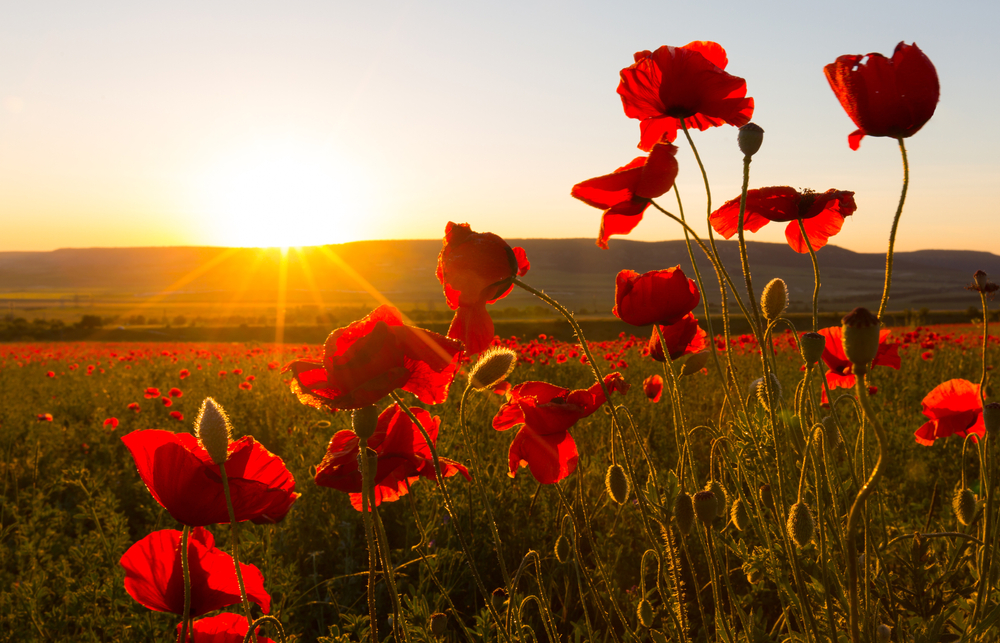Remembrance Day, known in America as Veterans Day and previously Armistice Day, is a solemn occasion observed in many countries to honour and remember the brave men and women who have served and sacrificed for their nations in times of war and conflict. While the day holds deep historical significance, it’s also a time for families to come together, pay their respects, and reflect on the sacrifices made by those who have served. Below, we’ll explore meaningful ways to mark Remembrance Day with your family.

The Importance of Remembrance Day
There are a few reasons why marking Remembrance Day remains essential. They include:
- Honouring sacrifice. We must continue to honour those who lost their lives in conflict. As parents and carers, it’s important that we pass on these traditions to our children so that they and the people we honour are never forgotten.
- Connecting generations. Remembrance Day is a chance to pass on stories and memories, offering multigenerational families an opportunity to bond and share information and history.
- Preserving family history. While it’s important to remember the vast scale of lives lost, it’s also a significant chance to talk about and remember members of our own families and their stories. Now that most people who survived the wars are no longer with us, it’s become more important that we talk about their history and sacrifice.
- Teach values. Remembrance Day also offers a valuable teaching opportunity. You’ll have a chance to teach your children important values such as empathy, understanding and respect.
- Community. Remembrance Day is something your family can commemorate alone, but it can be time spent in your community, getting to know people, and building positive community spirit.
- Promoting peace. Remembering war and the losses that come with it is perhaps the best way to understand and teach the value of peace.
Visit a Monument
Visiting a monument can be a great way to honour the lost people, especially those in your local area and perhaps related to you or families you know. Try to find something local if you can and take the time to talk to your children about why we build monuments and other ways that they can honour and respect the lives lost.
Go to a Church Service
Whether or not you are a regular churchgoer, you will be welcome at a Remembrance service. This can be a great chance to commemorate people with your local community and for your children to learn more about it from other people.
If your church has a lot of children in its congregation, there might also be crafts and activities for your children to participate in.
Get Crafty
Poppies are often used as a mark of Remembrance and respect around Remembrance Day. Buying a poppy is a great way to donate a little to veterans’ charities. But wearing a poppy on its own isn’t the same as spending time talking about the importance of poppies and teaching your children more about the symbolism.
Crafting gives you more chances to talk and to enjoy time together. Make poppies at home, paint poppy pictures, or even create a poster with poppy imagery and facts about Remembrance Day to help them learn more.
Read Together
Reading stories and poems can be a lovely way to mark Remembrance Day as a family, and even young children will be able to learn more about Remembrance from a favourite story or character. Make sure anything you read is age-appropriate, and don’t worry if your children want to repeat their favourites.
Watch a Movie
There are plenty of kids’ movies based on war or set during a war that can help them to think about Remembrance. Remember, marking the day doesn’t have to be direct or upsetting. Watching a fun animation as a family can be enough to get you all thinking without overwhelming or upsetting your children.
Talk About How the War Affected Your Family
Sharing personal stories is one of the best ways to make sure your family don’t get forgotten. Remembering war and how it affects people is perhaps the best way to ensure that we don’t repeat the mistakes of the past. If you have parents, grandparents, or other older relatives, ask them to share their stories with you and your children.
Go for a Walk
Sometimes, all that you to do to commemorate the past is to get out of your house and away from your screens and distractions. Going for a walk can be an excellent way to spend quality time together and remember what is important.
Remembrance Day can be challenging for children to fully appreciate. But by marking the occasion with your family, they can learn more about the day, the lives lost, and the importance of peace in our world.

